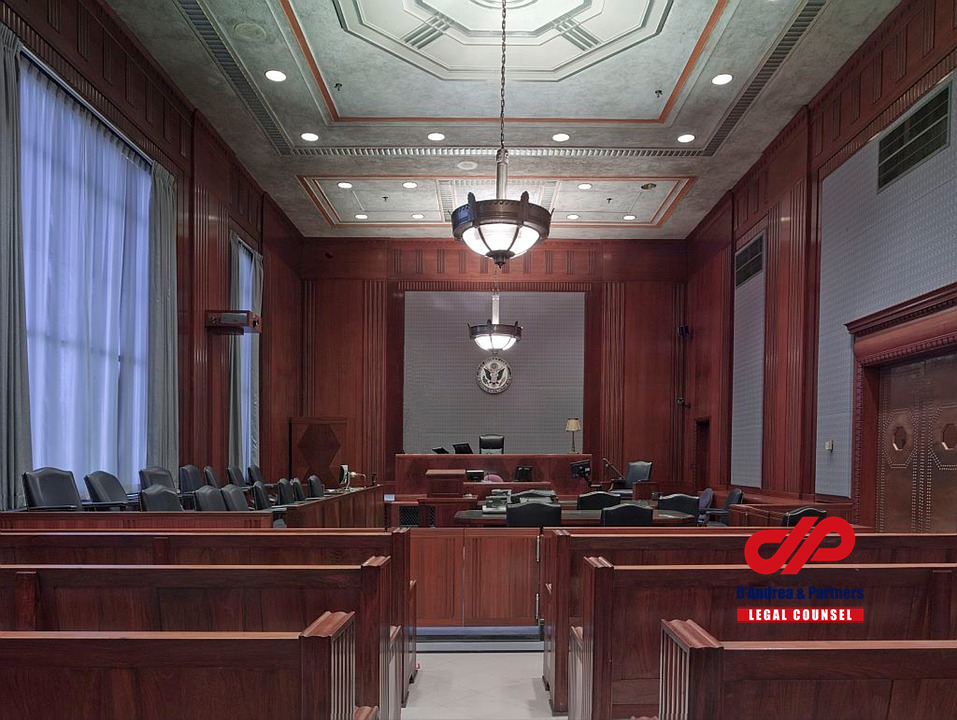The growth of international commerce has necessitated the creation of efficient methods of the resolution of disputes such as arbitration and the enforcement of the consequent awards that determine the rights and obligations of the parties. In some situations, securing an award from a foreign seated tribunal is merely half the battle, as there are a few more aspects to keep in mind.
The procedure for the enforcement and execution of arbitral awards in India is primarily governed by the Arbitration & Conciliation Act, 1996 as well as the Civil Procedure Code.
India is a signatory to the Convention on the Recognition and Enforcement of Foreign Arbitral Awards, 1958 (New York Convention) as well as the Geneva Convention on the Execution of Foreign Arbitral Awards, 1927 (Geneva Convention). If a party receives a binding award from a country which is a signatory to the New York Convention or the Geneva Convention and the award is made in a territory which has been notified as a convention country by India, the award would then also be enforceable in India.
The requirements for the enforcement and execution of arbitral awards in India as provided under Section 47 of the Arbitration Act are as follows:
- The original award or a duly authenticated copy in the manner required by the country where it is made.
- The original agreement or duly certified copy.
- Evidence necessary to prove that the award is foreign, where applicable.
However, the award would be rendered unenforceable when:
- The parties to the agreement were under some incapacity.
- The agreement in question is not in accordance with the law to which the parties have subjected it or under the law of the country where the award was made.
- There is a failure to provide proper notice of appointment of an arbitrator or arbitral proceedings or the composition of the arbitral authority or the arbitral procedure is ultra vires to the agreement.
- The composition of the arbitral authority or the arbitral procedure is not in accordance with the law of the country where the arbitration took place (in cases of foreign awards).
- An award is ultra vires to the agreement or the submission to arbitration or contains decisions on matters beyond the scope of the submission to arbitration.
- The award has not yet become binding on the parties or has been set aside or suspended by a competent authority of the country in which, or under the law of which the award was made.
- The subject matter of the dispute is not capable of settlement by arbitration under Indian law.
- The enforcement of the award would be contrary to the public policy of India.
In the recent judgement of Bharat Aluminium Co. v. Kaiser Aluminium Technical Service, the Supreme Court finally confirmed party autonomy in foreign arbitration agreements and limited the scope of inquiry from the Indian Courts when faced with an enforcement of a foreign arbitral award. This has provided more uniformity to those pursuing the enforcement of disputes resolved at arbitral seats outside of India.
To conclude, the enforcement of arbitral awards, considering the aforementioned recent judgement, is extremely straightforward and a relief for commercial relationships working across borders.


